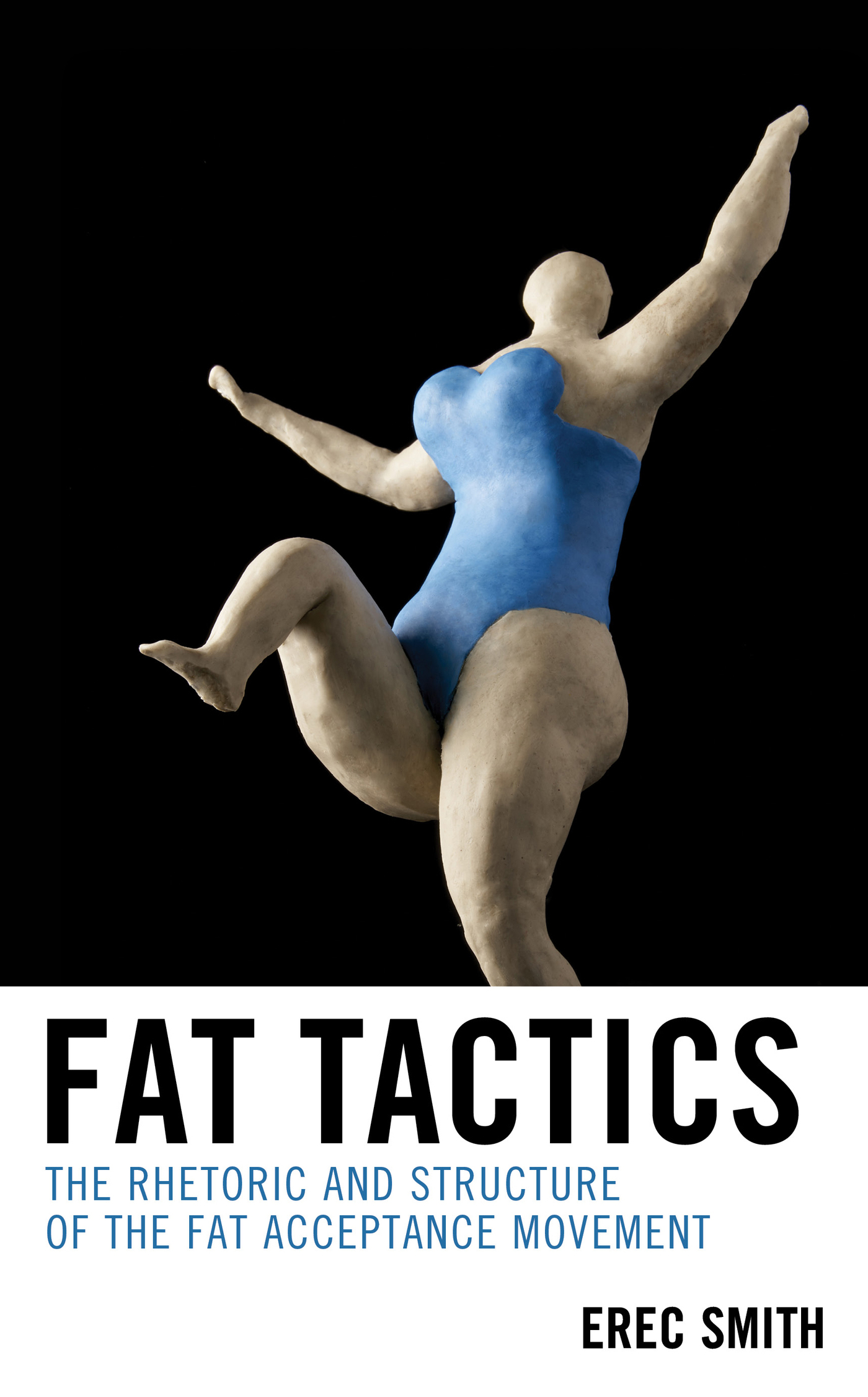Fat Tactics
Fat Tactics
The Rhetoric and Structure of
the Fat Acceptance Movement
By Erec Smith
LEXINGTON BOOKS
Lanham Boulder New York London
Published by Lexington Books
An imprint of The Rowman & Littlefield Publishing Group, Inc.
4501 Forbes Boulevard, Suite 200, Lanham, Maryland 20706
www.rowman.com
6 Tinworth Street, London SE11 5AL
Copyright 2019 by The Rowman & Littlefield Publishing Group, Inc.
All rights reserved. No part of this book may be reproduced in any form or by any electronic or mechanical means, including information storage and retrieval systems, without written permission from the publisher, except by a reviewer who may quote passages in a review.
British Library Cataloguing in Publication Information Available
Library of Congress Cataloging-in-Publication Data
Names: Smith, Erec, author.
Title: Fat tactics : the rhetoric and structure of the fat acceptance movement / Erec Smith.
Description: Lanham : Lexington Books, [2019] | Includes bibliographical references and index.
Identifiers: LCCN 2018048500 (print) | LCCN 2018049192 (ebook) | ISBN 9781498531177 (electronic) | ISBN 9781498531160 (cloth : alk. paper)
Subjects: LCSH: Discrimination against overweight persons. | Obesity--Social aspects.
Classification: LCC RC628 (ebook) | LCC RC628 .S6413 2019 (print) | DDC 362.1963/98--dc23
LC record available at https://lccn.loc.gov/2018048500
 TM The paper used in this publication meets the minimum requirements of American National Standard for Information Sciences Permanence of Paper for Printed Library Materials, ANSI/NISO Z39.48-1992.
TM The paper used in this publication meets the minimum requirements of American National Standard for Information Sciences Permanence of Paper for Printed Library Materials, ANSI/NISO Z39.48-1992.
Printed in the United States of America
Preface
The other day, a new Facebook acquaintance asked me why I was involved in the Fat Acceptance movementparticularly, a Fat Acceptance Facebook pageand why I considered it awesome. My answer:
I know and have seen that health is something one can have at a variety of sizes. Unfortunately, convincing others can be difficult. So, I was delighted to see that many people have dedicated their time, intellect, and overall brilliance to this endeavor.
I believe that beauty comes in all sizes, and am happy to see a community that not only believes this but PROVES it.
I think through my standpoint and intellectual interests, I can contribute to the mission of Fat Acceptance.
I then discussed my own intersectionality and how it may inform my participation in the movement.
Although I meant what I wrote, I felt odd about it. As not-fat and male, I had a keen feeling that any reasons I gave for my interests in Fat Acceptance may be met with rolled eyes and seen as less authentic than those of fat people, specifically fat women. Whats more, my race raised other questions about my perceived interest in the movement. On one hand, I suddenly felt like some kind of colonizer; an archeologist living among the natives as authentically as possible but knowing hell be able to go back to his cozy upscale home at the end of it all. On the other hand, I felt the potential for misrecognition based on contemporary myths that black men covet fat women. Although I already knew that my interest in Fat Studies and Fat Acceptance would and should be analyzed, I never welcomed the difficulty and pain that could potentially accompany this analysis.
What is the motivation, after all? From where does passion for something derive? I can say that I recognize and empathize with the pain of stigmatization. Ive weathered privileged peoples attempts to humiliate or silence me based on my differences. But there are many groups that deal with this, not just fat people. So, why have I gravitated toward the Fat Acceptance Movement instead of some other marginalized demographic... like my own?
The honest truth is difficult and multifaceted. This multiplicity is reflected in the concept of diversity. My stints as a diversity officer and diversity committee chair led me to Fat Studies and Fat Acceptance, and I explored it with both intrigue and admiration. I noticed an inherent critique of hegemony and the determination to speak truth to power in this movement. I discerned the challenges the movement presents to unknowing, sheltered, and, unfortunately, powerful people who define beauty or health based on traditional and often Eurocentric preferences and questionable information. I recognized the intersectionality of this movement: fat stigma affects people from all walks of life in differing ways that are inherently informative and interesting. Lastly, I recognize the beauty, bravery, and brilliance of its scholars and activists. The Greeks had a term, kalos kai agathos, which is an ideal that unites physical beauty and moral value in a human being I recognize this concept throughout the movement, and I am drawn to it as both a scholar and ally. The confluence of all these things have piqued my interest in this movement as a rhetorician; the rhetorical criticism, counter-cultural standpoint, and challenge to grand narratives of beauty and virtue are central to Fat Acceptance.
However, I must be careful to avoid becoming a new manifestation of the kind of privilege Peggy McIntosh called foolish, ridiculous, infantile or dangerous by contrast.
Thus, I start with a self-assessment of my subject position in the context of Fat Studies and Fat Activism. Marilyn Wann, in her foreword to The Fat Studies Reader, suggests that all scholars and activists of the Fat Acceptance movement realize our subject positions in relation to the Fat Acceptance movement. That is, who are we and how do our past and present experiences affect what we say about this movement? I took this advice seriously and realized that my stance within this community is more complicated than I initially thought. Although my subject position is necessarily intersectional (as is everyones), I realized that the best way to understand it, for myself and others, may be to break it up into its constituent parts, discuss each part individually, and explore how their confluence informs my views.
Perhaps most significantly, I am not fat by societal standards. Many liberation movements have encountered the beneficent outsider: that privileged person willing to fight for the causes of the underprivileged. Often, this person does more harm than good, an occurrence frequent enough to induce suspicion in his or her underprivileged cohort. The privileged activist may even have a savior complex of sorts. As a non-fat person who considers himself a fat activist and Fat Studies scholar, I must be cognizant of these trends.
I know that I must avoid speaking for fat people instead of supporting them when they speak for themselves. I can support causes of fat liberation, write about my position in the Fat Acceptance movement, and give my insights in an attempt to inform people of the various perspectives within this field, but I am not some lofty, empowered figure that this movement needs in any significant way. Although I see myself as an activist, I am here to take a backseat in assisting this movement and will only take a front seat if called to. Ultimately, I must emphasize a need to listen and act accordingly to those who most embody this movement.
Secondly, I identify as a cisgender male, giving me double-privilege (at least) within the Fat Acceptance movement. This movement consists mostly of women and always has. Fat men do suffer from weight discrimination but not nearly as much as women. A fat man can be a leading man, an athlete (look at any lineman in the NFL), even president of the United States. Fat women have come along a bit regarding pop cultural acceptance, but do not share the societal luxury of their male counterparts.
Next page
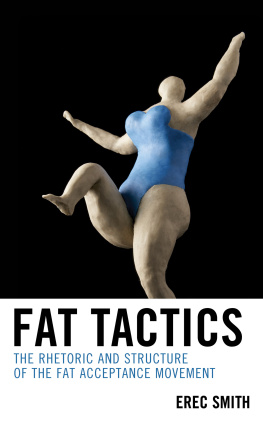

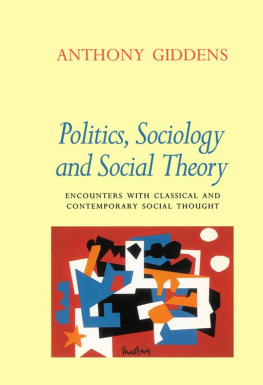
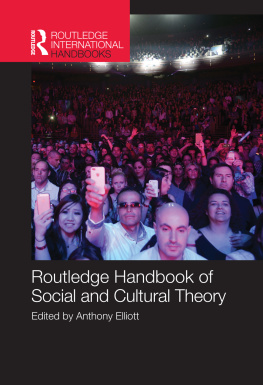

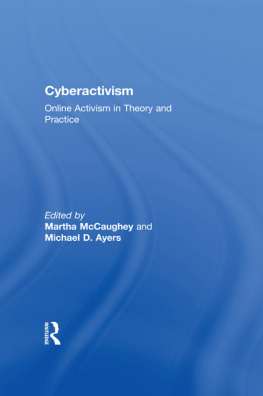
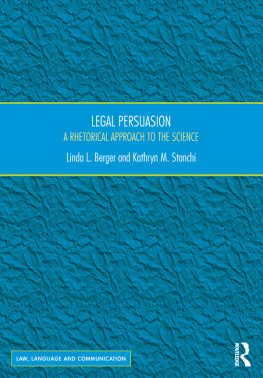


 TM The paper used in this publication meets the minimum requirements of American National Standard for Information Sciences Permanence of Paper for Printed Library Materials, ANSI/NISO Z39.48-1992.
TM The paper used in this publication meets the minimum requirements of American National Standard for Information Sciences Permanence of Paper for Printed Library Materials, ANSI/NISO Z39.48-1992.